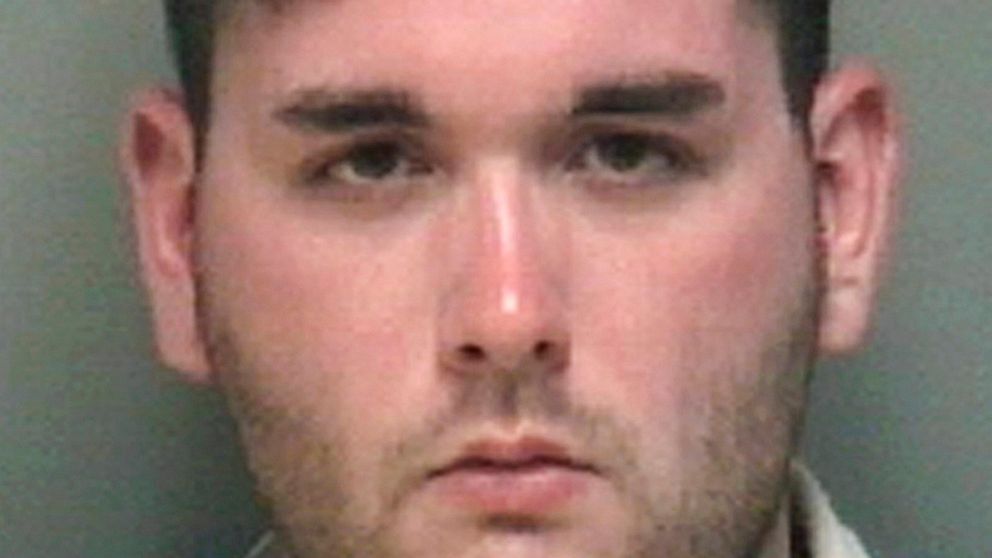
A man sentenced to life in prison on federal hate crime charges for deliberately driving his car into anti-racism protesters during a white nationalist rally in Virginia is set to face a state judge who could add another life sentence, plus 419 years.
James Alex Fields Jr., 22, will be sentenced Monday for killing one person and injuring dozens during the “Unite the Right” rally in Charlottesville on Aug. 12, 2017.
Last month, Fields received a life sentence on 29 federal hate crime charges.
A state jury has recommended a sentence of life, plus 419 years. Under state law, Judge Richard Moore is allowed to go lower than the jury’s recommendation, but cannot go higher.
Jonathan Turley, a law professor at George Washington University, said judges in Virginia generally tend to stick with the jury’s recommended sentence. In Fields’ case, the state sentence will be mainly symbolic since he has already received a life sentence on federal charges.
“For his purposes, he has one life to give, so this is a largely academic exercise,” Turley said.
People who were hurt in the attack and the family of the woman who was killed are expected to make victim impact statements during Monday’s hearing in Charlottesville Circuit Court.
Fields, an avowed white supremacist who kept a photo of Adolf Hitler on his bedside table, drove from his home in Maumee, Ohio, to attend the rally, which drew hundreds of white nationalists to Charlottesville to protest the planned removal of a statue of Confederate Gen. Robert E. Lee. The event also drew counterprotesters who demonstrated against the white nationalists.
Violent skirmishes between the two sides prompted police to declare an unlawful assembly and to order the groups to disband before the rally could even begin. Later that day, Fields plowed his car into a crowd of counterprotesters, killing Heather Heyer , 32, and injuring more than two dozen others.
The event stirred racial tensions around the country. President Donald Trump sparked controversy when he blamed the violence at the rally on “both sides,” a statement that critics saw as a refusal to condemn racism.
During Fields’ state trial, his attorneys focused on his history of mental illness and traumatic childhood.





